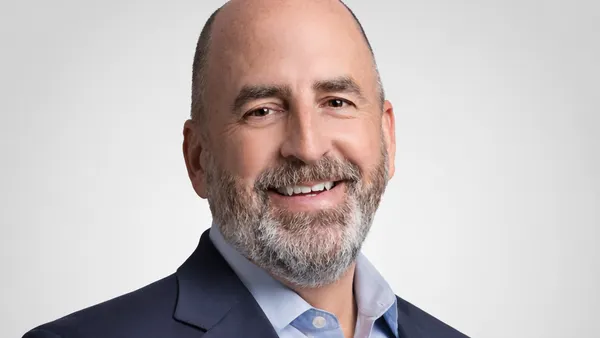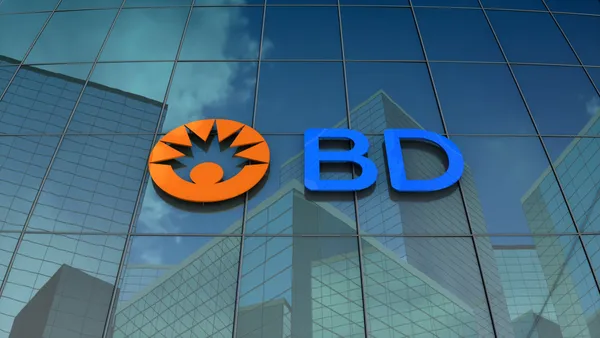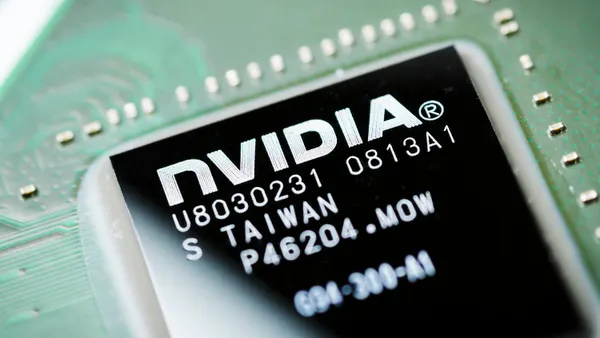Dive Brief:
- Ascension hospital network, the largest non-profit U.S. health system, will use Abbott's Alinity ci-series diagnostic systems to conduct testing for patients in select states, the biotech company said Tuesday.
- The deal is with Ascension subsidiary Regional Medical Laboratory (RML), which said the Abbott technology will work with its custom automation capability to speed lab services, improve accuracy and reduce costs.
- RML performs diagnostic testing for more than 2.4 million patients in Texas, Wisconsin, Oklahoma, Kansas and Tennessee.
Dive Insight:
Abbott’s diagnostic unit is a steady performer for the company that, along with its medical device franchise, has helped offset softness in the nutrition and pharmaceuticals businesses. The Alinity line of diagnostic instruments is a growth engine for the company’s core laboratory business, in which Abbott reported 8% sales growth in 2018.
Health systems are under pressure to perform testing services more efficiently, often with smaller staffs. Abbott said its diagnostic platform is designed to improve efficiency by running more tests in a smaller physical footprint, turning around test results faster and minimizing human errors.
Use of the Alinity system in RML facilities has already begun and includes a custom automation line that is designed to eliminate many manual procedures and free up time for the lab staff to focus on other ways to improve patient care.
"This will give our staff opportunity to provide additional test interpretations and recommendations, which in turn will help improve physician and patient satisfaction and outcomes," RML President C. Terrence Dolan said in a press release.
RML’s test volumes typically increase by 3% to 5% annually. Abbott said additional instruments can be added as the lab’s volumes grow. The company performs about 9 million clinical and anatomical tests a year, including 170,000 surgical specimens.
Moody's Senior Vice President Scott Tuhy called the partnership a "positive development" and noted the Alinity platform has also seen strong adoption in Europe.











